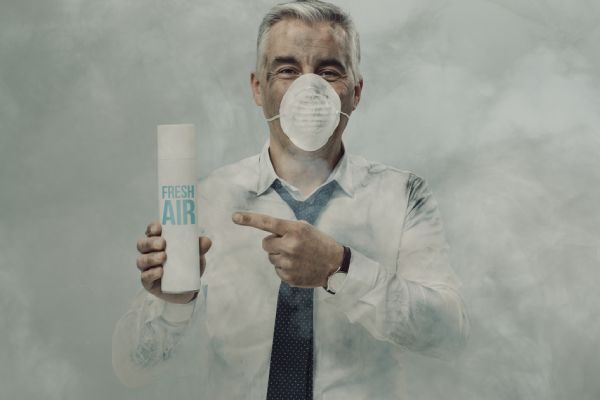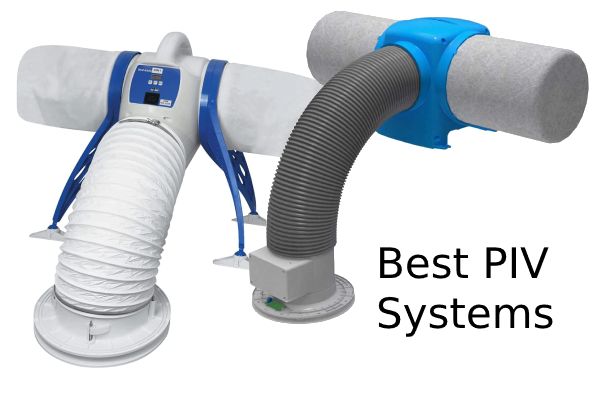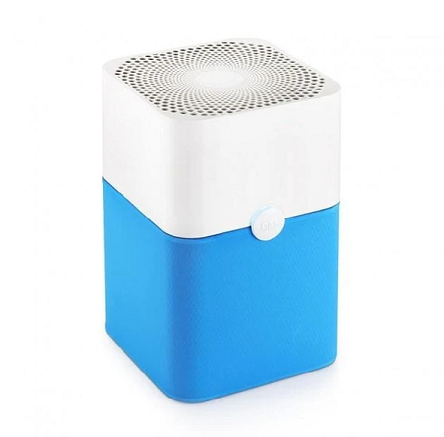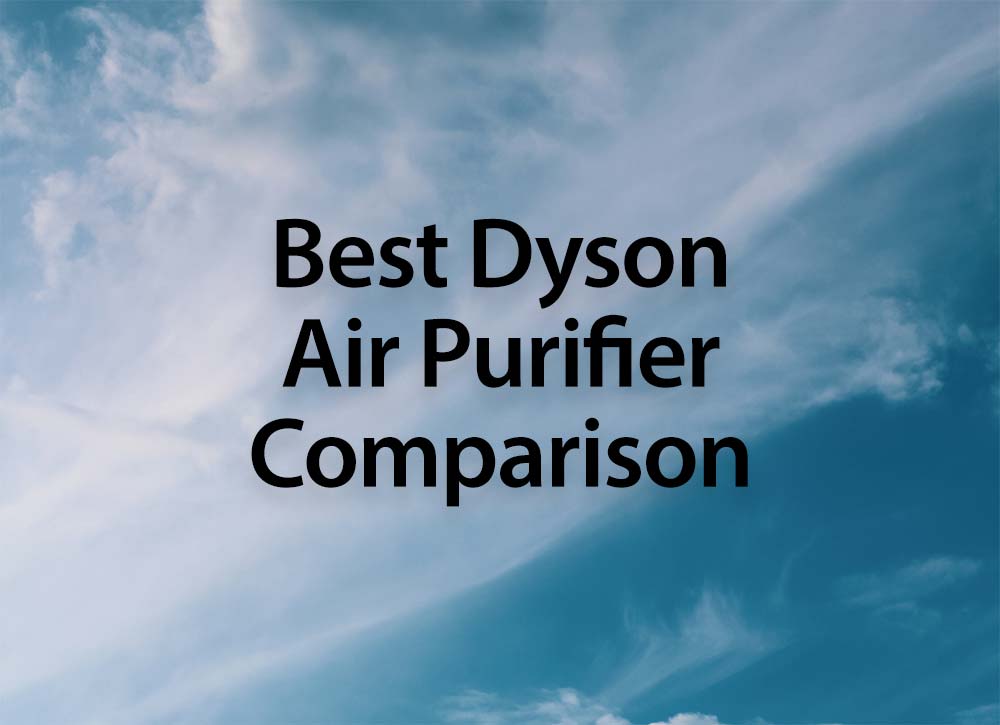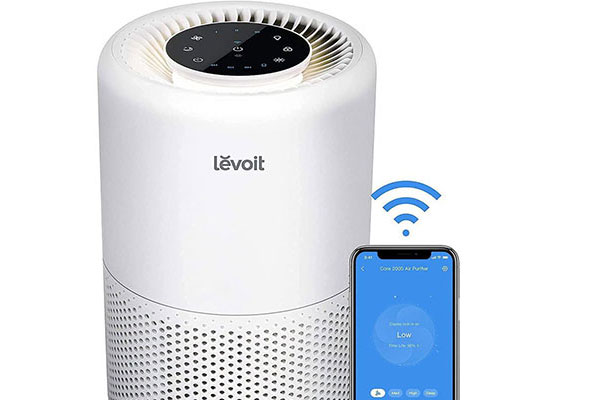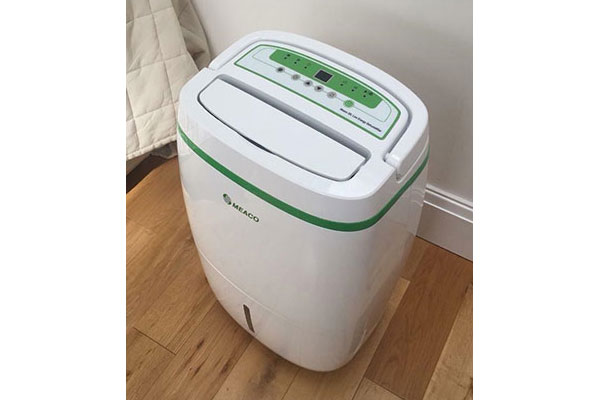Air purifiers can be a worthwhile investment in certain situations, such as when someone in the household has allergies or asthma, or when air quality is poor due to factors such as pollution or wildfire smoke. However, in some cases, air purifiers may not be necessary or effective.
One reason why some people may consider air purifiers a waste of money is that they may not address the root cause of indoor air quality problems. For example, if there is mold growth or high levels of indoor air pollution from sources such as smoking, air purifiers may not be able to fully eliminate these problems. In such cases, addressing the root cause of the problem may be a more effective solution.
Additionally, air purifiers can be expensive to purchase and operate, especially if they use HEPA filters or other advanced filtration technologies. They may also require regular maintenance, such as filter replacements, which can add to the overall cost.
Overall, whether or not air purifiers are a waste of money depends on the specific situation and needs of the user. In some cases, they can be a worthwhile investment, but in other cases, they may not be necessary or effective. It’s important to carefully evaluate your indoor air quality needs and do your research before deciding whether to invest in an air purifier.
List of reasons why air purifier may be a waste of money
Not addressing the root cause of indoor air quality problems
Air purifiers may not be able to fully eliminate indoor air quality problems if the root cause of the problem, such as mold growth or smoking, is not addressed.
High initial and operating costs
Air purifiers can be expensive to purchase, especially if they use advanced filtration technologies such as HEPA filters. They may also require regular maintenance, such as filter replacements, which can add to the overall cost.
Limited effectiveness for certain pollutants
Air purifiers may not be effective in removing certain pollutants such as volatile organic compounds (VOCs) or radon gas.
Inadequate room coverage
Some air purifiers may not cover a large enough area to effectively clean the air in a room, leading to the need for multiple units or a more powerful, and more expensive, model.
Noise level
Some air purifiers can be noisy when operating, which can be bothersome and disruptive, especially when trying to sleep or work.
False or exaggerated claims
Some air purifiers may make false or exaggerated claims about their effectiveness in removing pollutants, which can mislead consumers and lead to a waste of money.
Adequate ventilation
If your home or office already has good ventilation, such as opening windows or running a ventilation system, an air purifier may not be necessary as it will not significantly improve air quality.
Limited benefits for healthy individuals
For healthy individuals with no respiratory issues or allergies, the benefits of air purifiers may not be significant enough to justify the expense.
Replacement filter costs
Air purifiers require regular filter replacements to function effectively, which can be expensive and add to the ongoing cost of using an air purifier.
Energy consumption
Some air purifiers require a significant amount of energy to operate, which can add to your monthly electricity bill.
False sense of security
Relying solely on an air purifier to improve air quality may create a false sense of security and lead to neglect of other important measures to improve indoor air quality, such as proper ventilation and regular cleaning.
Limited effectiveness in reducing illness transmission
Air purifiers may not be effective in reducing the transmission of viruses, such as COVID-19, as they are primarily designed to remove particles from the air rather than kill or neutralize viruses.
Limited benefits in highly polluted areas
In areas with very high levels of outdoor pollution, air purifiers may not be able to significantly improve indoor air quality as outdoor pollution can easily penetrate buildings and homes.
Allergen sensitivity
For individuals who are allergic to the materials in air purifier filters, using an air purifier may actually exacerbate symptoms and cause health issues.
Environmental concerns
Some air purifiers generate ozone or other harmful byproducts, which can be detrimental to the environment and pose health risks to individuals.
Conclusion
It’s important to consider the specific needs of your indoor environment and do your research before investing in an air purifier to determine if it is a worthwhile investment for you.

